Indications
Pharmacology
- Adults and children of 2 years of age or older: one single dose of 0.5 milliliter by intramuscular or subcutaneous injection. Prenovax 23 vaccine is not recommended for use in children below 2 years of age as the safety and efficacy of the vaccine have not been established and the antibody response may be poor.
Special dosing:
- It is recommended that pneumococcal vaccine should preferably be given at least two weeks before elective splenectomy or the initiation of chemotherapy or other immunosuppressive treatment. Vaccination during chemotherapy or radiation therapy should be avoided.
- Following completion of chemotherapy and/or radiation therapy for neoplastic disease, immune responses to vaccination may remain diminished. The vaccine should not be administered any sooner than three months after completion of such therapy. A longer delay may be appropriate for patients who have received intensive or prolonged treatment.
- Persons with asymptomatic or symptomatic HIV infection should be vaccinated as soon as possible after their diagnosis is confirmed.
Revaccination:
- One single dose of 0.5 milliliter by intramuscular or subcutaneous injection.
- The specific timing of, and need for, revaccination should be determined on the basis of available official recommendations.
- Revaccination at an interval of less than three years is not recommended because of an increased risk of adverse reactions. The rates of local and, in persons aged ≥65 years, some systemic reactions have been shown to be higher after revaccination than after primary vaccination when three to five years have elapsed between doses.
Adults: Healthy adults should not be revaccinated routinely. Revaccination may be considered for persons at increased risk of serious pneumococcal infection who were given pneumococcal vaccine more than five years earlier or for those known to have a rapid decline in pneumococcal antibody levels. For selected populations (e.g., asplenics) who are known to be at high risk of fatal pneumococcal infections, revaccination at three years may be considered.
Children: Healthy children should not be revaccinated routinely.
Children of 10 years of age and over: May be considered for revaccination according to the adult recommendation.
Children between the ages of 2 and 10 years: Should only be considered for revaccination after 3 years if they are at high risk of pneumococcal infection (e.g., those with nephrotic syndrome, asplenia or sickle cell disease).
- Individuals with allergic reactions to any component of the vaccine.
- Individuals with fever, acute infection or chronic diseases at the acute stage.
- Individuals with uncontrolled epilepsy or other progressive diseases of the nervous system.
- If only clearly needed, otherwise revaccination within 03 years is not recommended.
Pregnancy & Lactation
Precautions & Warnings
As with any vaccine, adequate treatment provisions including epinephrine (adrenaline) should be available for immediate use should an acute anaphylactic reaction occur. Required prophylactic antibiotic therapy against pneumococcal infection should not be stopped after pneumococcal vaccination. Patients at especially increased risk of serious pneumococcal infection (e.g., asplenics and those who have received immunosuppressive therapy for any reason), should be advised regarding the possible need for early antimicrobial treatment in the event of severe, sudden febrile illness. Pneumococcal vaccine may not be effective in preventing infection resulting from basilar skull fracture or from external communication with cerebrospinal fluid.

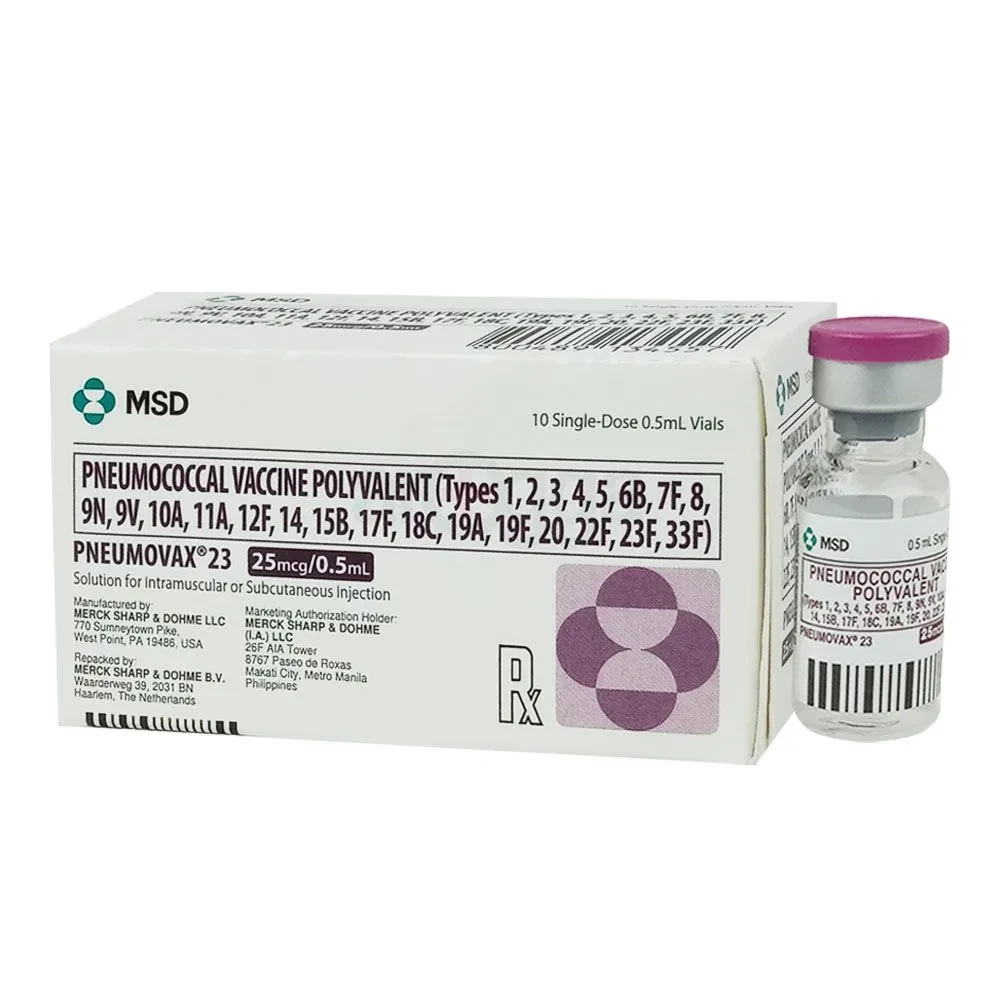
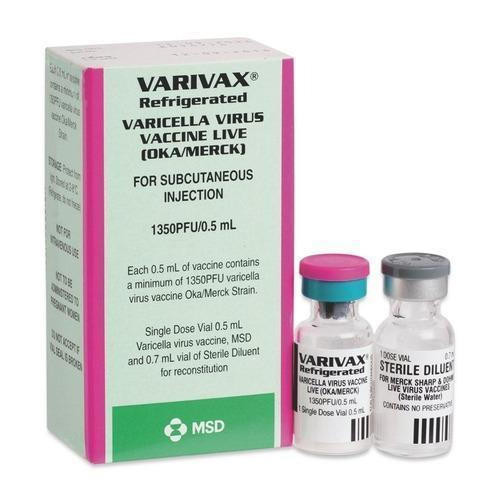
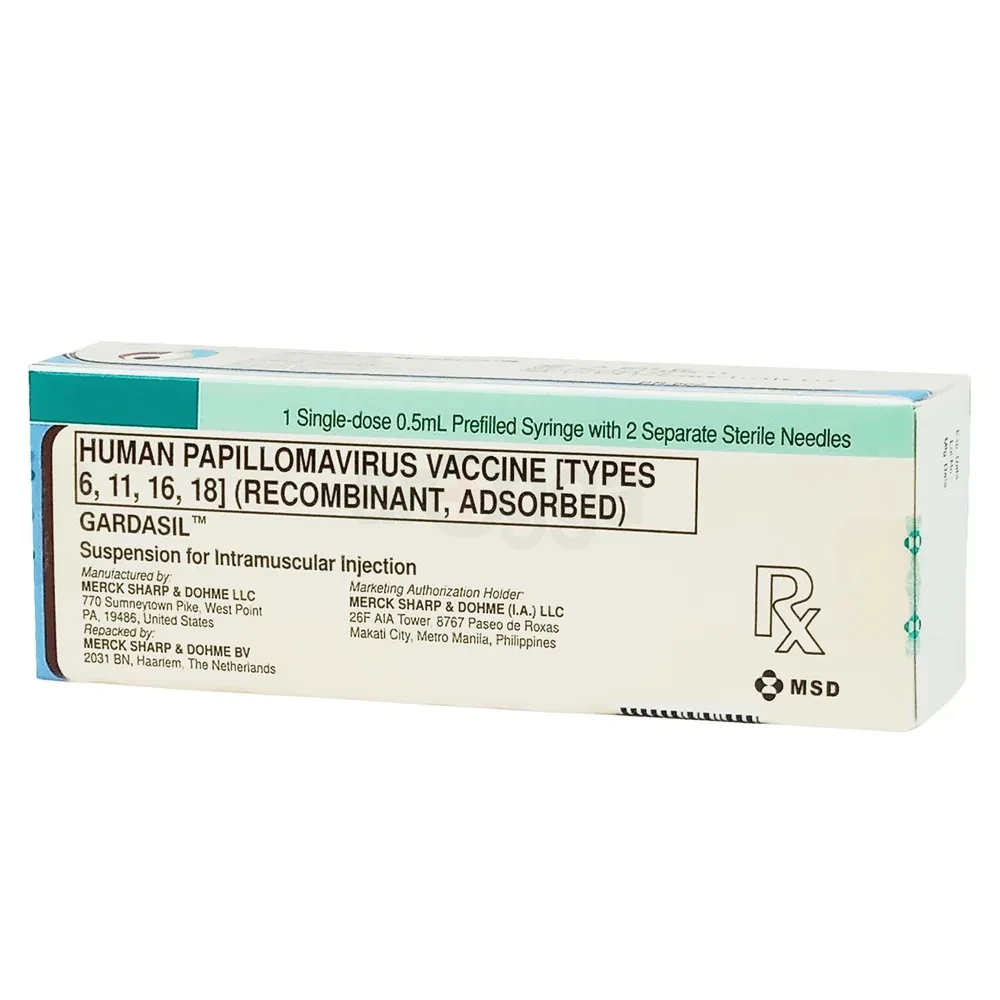
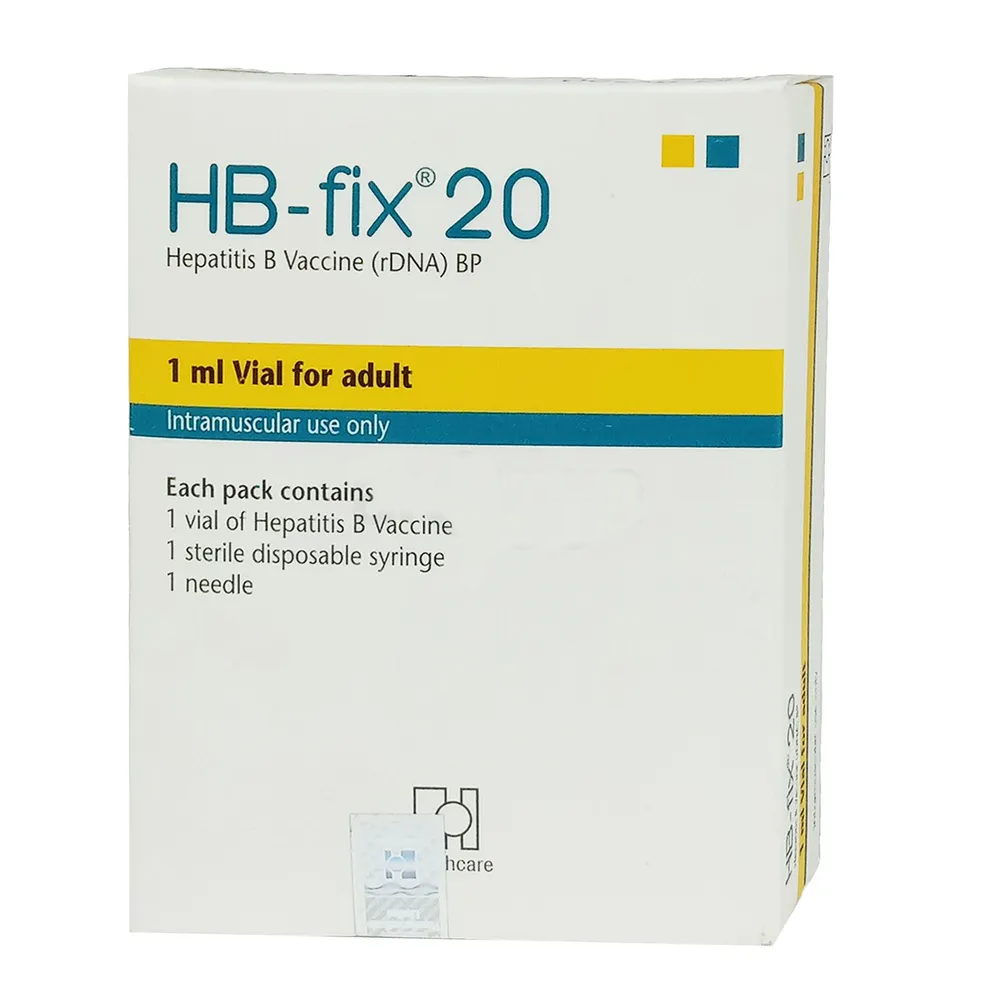
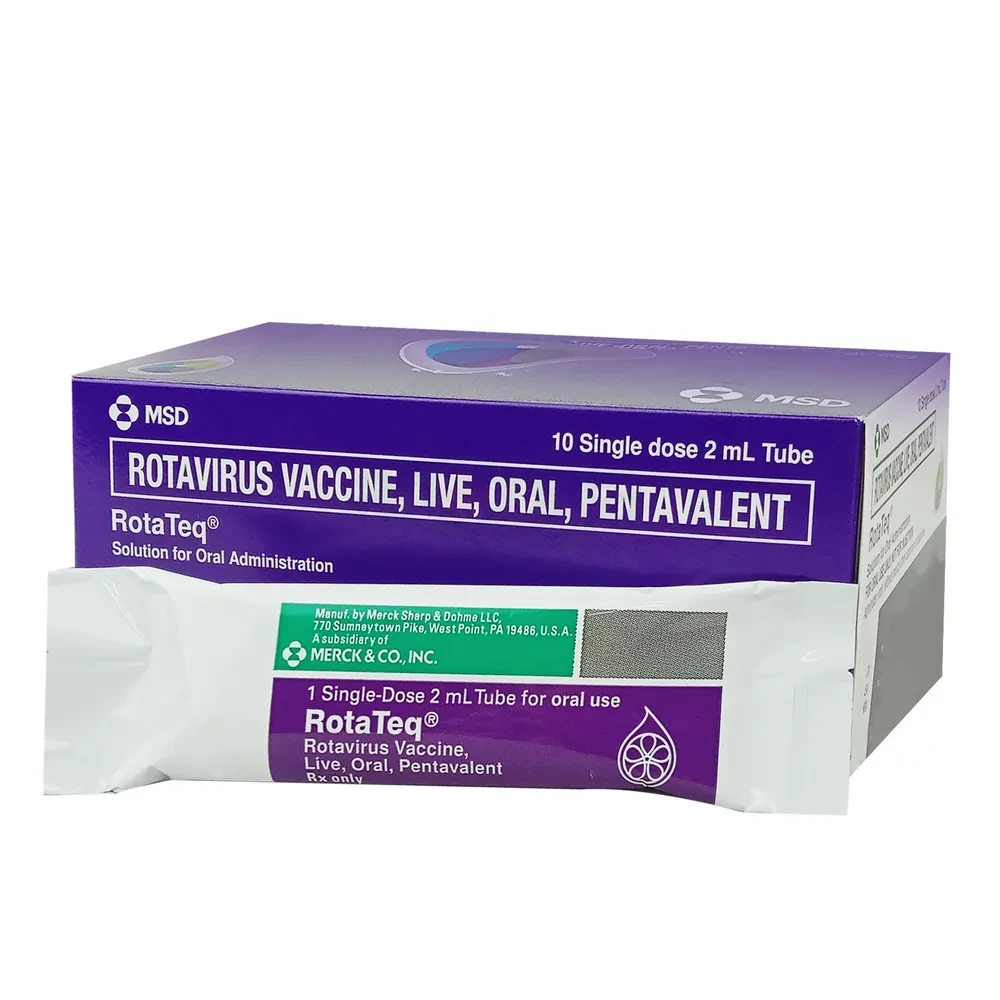
Reviews
There are no reviews yet.